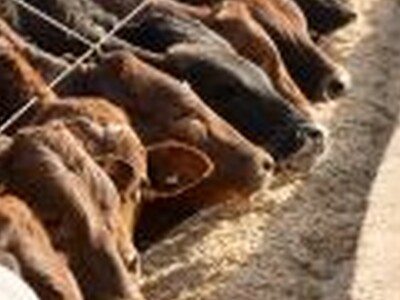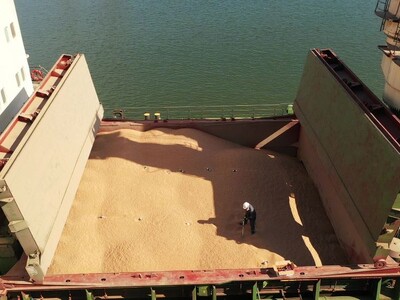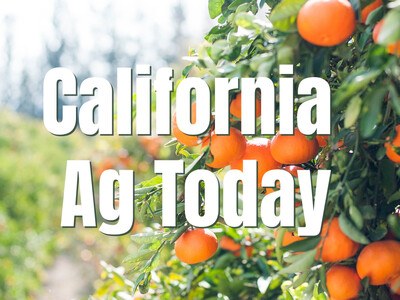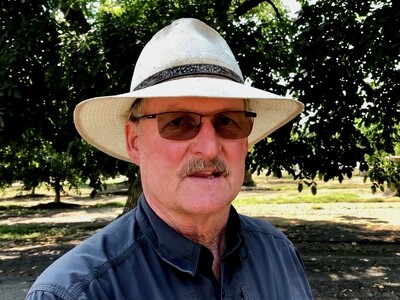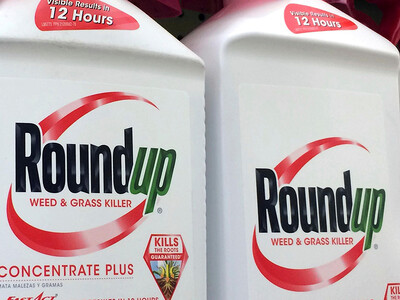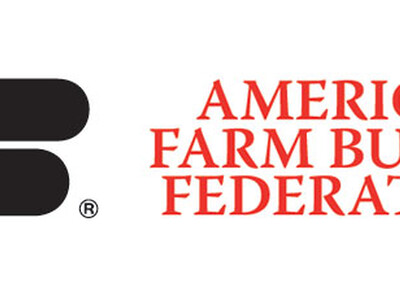Parasites!
Parasites! I’m Greg Martin with today’s Line On Agriculture.
Parasites. The mention of the word can bring a shudder. Some parasites live a beneficial, symbiotic relationship with their hosts while others can cause major problems. Dr. Harold Newcomb, Merck Animal Health Technical Services Manager talks about how parasites can adversely affect your cattle herds.
NEWCOMB: The wetter the climate you are probably the more parasite burden your animals are going to face, ok. And you have to look at the things these parasites are doing to these animals. They do basically three things; they inhibit their appetite or suppress their appetite so they’re not going to take in the amount of nutrients needed to gain properly and they also effect the ability of that animal to respond to viral vaccines and viral diseases. So the deal with parasites is you have to make it the cornerstone of all your herd health programs.
Dr. Newcomb discusses the details of the best program to combat parasites.
NEWCOMB: What you want to do is to deworm in the spring of the year, approximately 6 to 8 weeks after your grass puts out. And then again you want to do it in the fall, say after a killing frost and the grass becomes dormant. The other thing you need to do is to make sure the product or products that you are using are actually working and you can do that by doing a fecal egg count reduction test.
He says if you don’t see a 90% reduction in the egg count then you need to look really hard at the program you are using. Newcomb talks about their product called Safe-Guard®.
NEWCOMB: Which is a dewormer. You can use it in a drench form or a feed through form, blocks. So we have a dewormer that can be used in about every situation that you can imagine that suits every producers management capabilities. You can deworm at the right time with our product because we have a product designed to be fed through, drenched or block fed.
Dr. Newcomb talks about what northwest cattle producers are dealing with.
NEWCOMB: The biggest parasite right now that we are seeing resistance to is Cooperia and you would have Cooperia in Washington and in that area. For so many years we’ve used the macrocyclic lactones class of dewormers or avermectin type compounds. The Cooperia or that worm is actually the dose limiting parasite for that class of dewormers. And there’s a lot of thought been given to using two classes of dewormers together. In other words like Safe-Guard® plus an avermectin type compound.
That’s today’s Line On Agriculture. I’m Greg Martin on the Ag Information Network.







